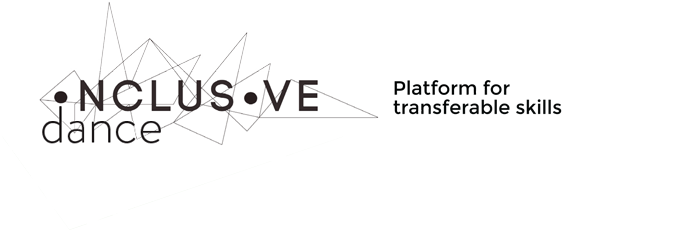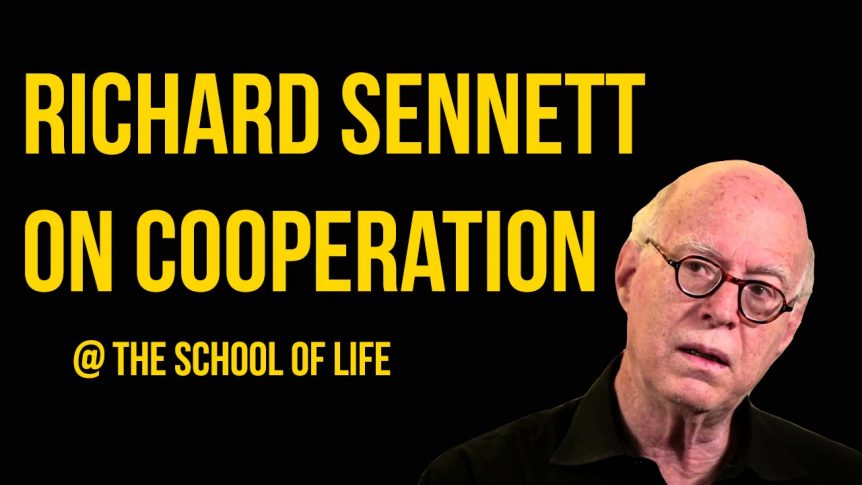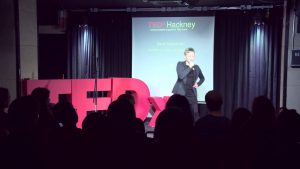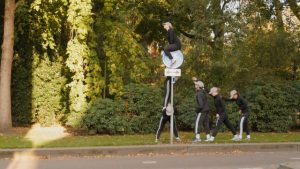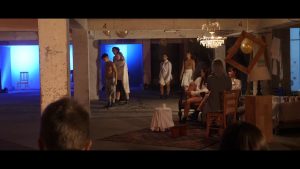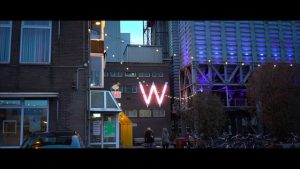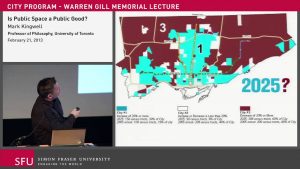A very clear interview hosted by The School of Life: Richard Sennett wonders how we can repair the social divides that separates us. Goodwill, Sennett says, isn’t enough: we need special skills to get on and cooperate, and we’re losing them.
Sennett was interested in how people cooperate together that are very different from each other. What does it entail? How do people make this work? What skills are necessary to do that in contemporary society? He focuses on dialogical skills, the skill to listen to each other: Engaged to want to know what the other person means or perceives. A better understanding doesn’t lead to a better understanding, so conflict or discussion in terms of dialogues is part of cooperating too.
Interview based on the book: Together. The Rituals, Pleasures and Politics of Cooperation.
Link to the concept of transferable skills of the dance artist
What is the job of the dance artist these days? One recent development in dance & movement practice is the use of dance for societal means: tools from dance and movement techniques, perspectives and creative concepts are integrated in the practices of health, personal development, creative thinking, social development projects and many other fields.
Richard Sennett offers a new concept on craft and cooperation in the 21st Century that relates strongly to an already existing inclusive dance practice. This platform wants to stimulate current dance practice to offer opportunities to contribute directly to society by transferring their skills from artistic practice into other domains of society. The aim of this platform is to offer a wide(r) definition on what it means to be a dance artist right now. A dance artist that acknowledges potential of contemporary craftsmanship to transfer skills, values and knowledge into other domains of human life. We hope this platform exemplifies and inspires ways to transfer this knowledge and experience into other practices, contexts and social environments. We value the qualities of dance to offer new creative strategies for non-dance focussed contexts and challenges.
In contemporary society, dance & movement practices are changing rapidly, and this influences craftsmanship in current practices and career possibilities of the dance artist. Moreover, this artistic practice often takes place in an interdisciplinary setting. The dance profession is considered a process-based practice: The so-called product is never finished and will continue to develop over time. Creation is often the result of shared and engaged learning experiences. Acknowledging the different components of the work setting makes it possible to reconsider the position of the dance and/or dance artist in society. Recent trends have seen dance as an active role in inclusive settings, leading projects that can change lives, business practice or influence society.
